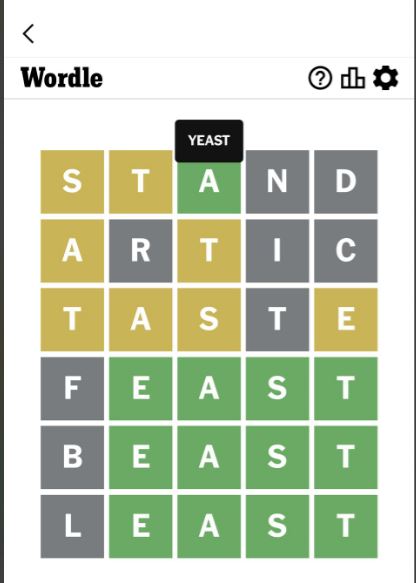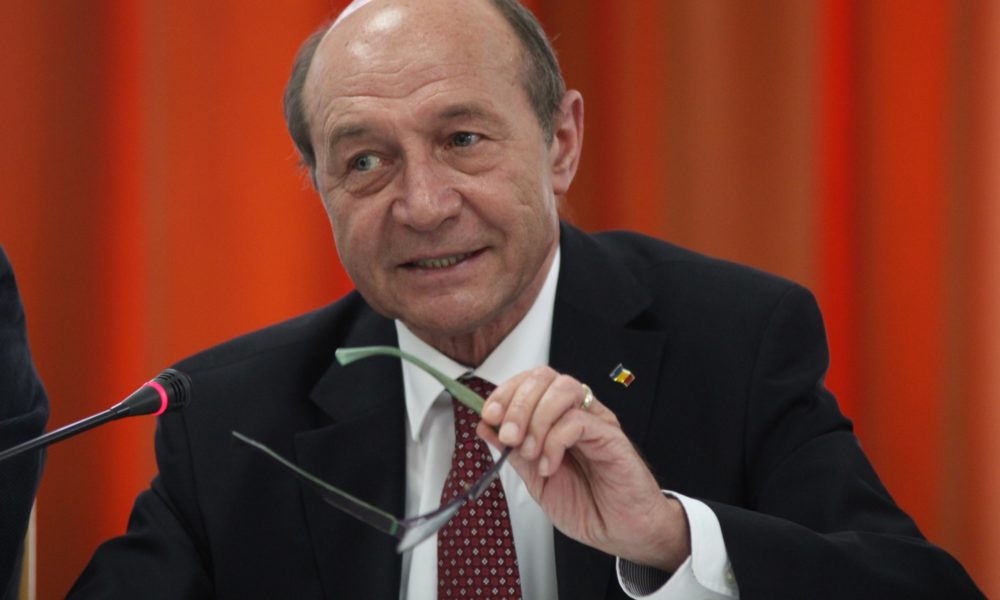How many Italians work on the weekend? The comparison with Europe: the weekend is sacred only in the North
The Eurostat data confirm that the workers of Northern Europe are more free on Sunday and on holidays compared to their colleagues from the Mediterranean countries. Italy is second second to Greece for work on the weekend
In Northern Europe the weekend is sacred. Not for religious reasons (in general, the Nordic countries are characterized by greater secularization than other areas of our continent), but because the weekend is considered a moment of rest and regeneration. And, in fact, looking at the 2023 data, which they tell An EU average of 22.4% of employees who habitually worked during the weekendwe find that to lead the ranking of the workers most engaged on the weekend there are Greece, Italy and Cyprus, With percentages decidedly above the European average: 32.3%, 30.9%and 26.4%respectively. To take the photograph is the Eurostat that published the report on the occasion of the Labor Day, on May 1st.
In Italy, one in 3 employee is engaged in the weekend
As for Italy, therefore, almost One in three employees works during the weekend. And for the autonomous it goes even worse: if in the EU the working weekends concern 46.7% of autonomous with employees and 37.8% of the autonomous ones who have no employeesin Italy the average even touches 60% (only Greece beats us with 70%).
In Europe the lowest percentage for active workers on the weekend is up to Lithuania (3%), Poland (4.5%) and Hungary (6.6%). If we look at our gaze once again on the autonomous, the lowest percentage is still up to Lithuania, with only 10%.
The types of workers most engaged on the weekend
But what are the types of European workers who are most busy on the weekend? Working on weekends in 2023 was more common among qualified workers in the agricultural, forestry and fishing sectors (49.5%), workers of services and sales (48.9%) and people with elementary occupations (26.7%).
Italians Stacanovists
These data relating to work on the weekend are more or less in line with the other Eurostat data relating to the EU distribution of the hours worked during the week e Always spread on May 1st by the European Commission. In this case, Italy also positioned itself in the ranking of the most committed workers, with almost one in ten employees (9.6%), in fact, which in 2023 dedicated an average of at least 49 hours per week to their profession, in fact thus adding another working day at the standard time of 40 hours. The average in the 27 countries of the Union is 7.1%. More Stakanovists than Italians only the Greeks (11.6%), the Cypriots (10.4%) and the French (10.1%). Conversely, on the opposite side of the ranking they found Bulgaria (0.4%), Lithuania and Latvia space (both 1.1%, with the third Baltic Republic – Estonia – to follow at 2%).
Walking more does not always mean working better
So do Nordics want to work less than us? In reality, the hours worked are the consequence of many factors. Working more, in fact, does not always mean working better. Indeed, this trend can be the symptom of unsatisfactory productivity or a not exactly optimal organization of work. The data of the Mediterranean countries therefore lends itself to a double reading: on the one hand Italian and Greek shows the work of impetus and enthusiasm, but at the same time the many hours worked open the way for forms of stress and tiredness that do not favor productivity. Perhaps, Italy would really need to import the Nordic model, which for some time, among other things, Experciale with good results the short week. To the delight of his workers.









